|
You know that anxious feeling when you’re running behind in the morning? The struggle is real! But incorporating positive morning rituals help. Rituals provided structure and routine, which is especially helpful during busy mornings. If you're interested in establishing your own morning rituals with your family, check out these five rituals for a positive morning routine.
0 Comments
Do you ever feel like there is just not enough time to do it all? Children NEED connection and you have limited time. Instead of making yourself feel guilty about not spending more time with your child, focus on what you CAN do to make your child feel seen and valued. “The Most Important 9 Minutes of Each Day,” is a game-changing tip to impact your child’s mindset, brain development and well-being! Try it, and let us know how it goes! ~Dr. Martin and Miss Piroli April is Stress Awareness Month, a time to shine a spotlight on the deep pervasiveness of stress and how to spread awareness about healthy ways to cope. This month is a great opportunity for everyone to revisit and reprioritized healthy and productive stress relief strategies.
Stress is incredibly common affecting two in three adults, according to the American Psychological Association’s Stress in America 2020 report. It can happen to anyone at any time, regardless of current circumstances or situations. Stress can also cause physical health problems from headaches and stomach aches to stroke and heart disease. With healthy coping mechanisms, however, we can all take better care of ourselves. Here’s a few helpful tips to reduce stress:
Hello PDE Family! The news has been super heavy recently. So many sad and scary things; and most of them completely out of our control. It's easy to feel hopeless.
Here are some helpful strategies to "hack" into our Happiness Hormones. :) Hello Parents!
Click here to check out the following article: That Discomfort You're Feeling Is Grief. Below you will find two grounding exercises mentioned in the article that are helpful for children and adults, alike! :) With students returning to school 5 days, ensuring that they have quality sleep is crucial for academic success. Check out the information below from the CDC and Sleep Foundation! Perfecting Your Child's Bedtime Routine
One of the easiest ways to set your child up for good sleep is by creating a bedtime routine. The good news is that it only takes a few nights of following a bedtime routine to see improvements in your child's sleep. What is a bedtime routine, and what are the benefits? Bedtime routines are consistent, repetitive set of activities that are carried out before bed every night. They help prepare your child for sleep by having them relax and wind down. A predictable routine also gives your child a sense of security and teaches them how to fall asleep on their own. How to build a bedtime routine for kids... A bedtime routine for kids usually consists of three or four activities, for example, having a snack, brushing teeth, putting on pajamas, and reading a book. These should always be done in the same order. To make the routine even more effective, start winding down the household by dimming the lights and turning off screens in the lead-up to bed. Typical bedtime activities that have been shown to have beneficial effects on sleep include:
The bedtime routine should culminate in a goodnight kiss and lights-out. You should leave the room while your child is sleepy but not asleep yet. This way they learn to fall asleep on their own, and they won’t panic if they wake up in the middle of the night and find you gone. Set a consistent bedtime that leaves enough time for your child to sleep the recommended amount of hours for their age. Bedtime Dos & Don'ts Do:
Don’t:
You can find the full article here: Perfecting Your Child's Bedtime Routine Hello Parents - Happy New Year! As we start this new year, your child will begin receiving instruction that meets the SCDE Erin's Law Standards. “Erin’s Law” requires that all public schools in each state implement a prevention-oriented child sexual abuse program which teaches students in preK-12th grade, age-appropriate techniques to recognize child sexual abuse and tell a trusted adult. Below you will find some statistics, as well as a valuable parent guide, that you may find helpful in initiating and navigating these conversations with your child. We hope you find them beneficial! Hello Parents!
Check out the infographic below! While the title labels this as being designed for children with Autism, the strategies discussed in this resource are appropriate for ALL children and can be differentiated based on your child's age, developmental level, primary language and preferred learning style. We have included a couple templates below for your family to use! Hello Parent/Guardians!
Welcome to our PDE Counseling & Family Support page. This website is designed to support you. Please take a moment to complete the Fall 2020 PDE Family Check-in Survey on the Home page. Check back regularly for parent resources and other helpful information! |
PDE CounselingThe PDE counseling staff is committed to supporting all students and families. Archives
February 2023
Categories |
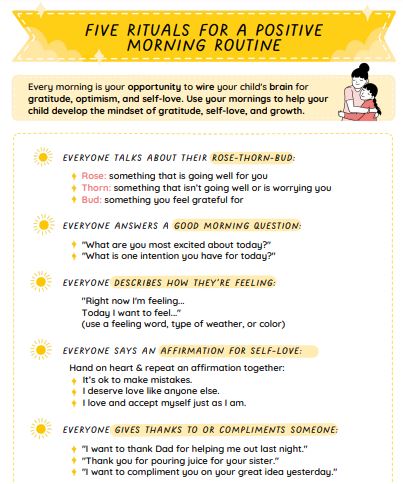
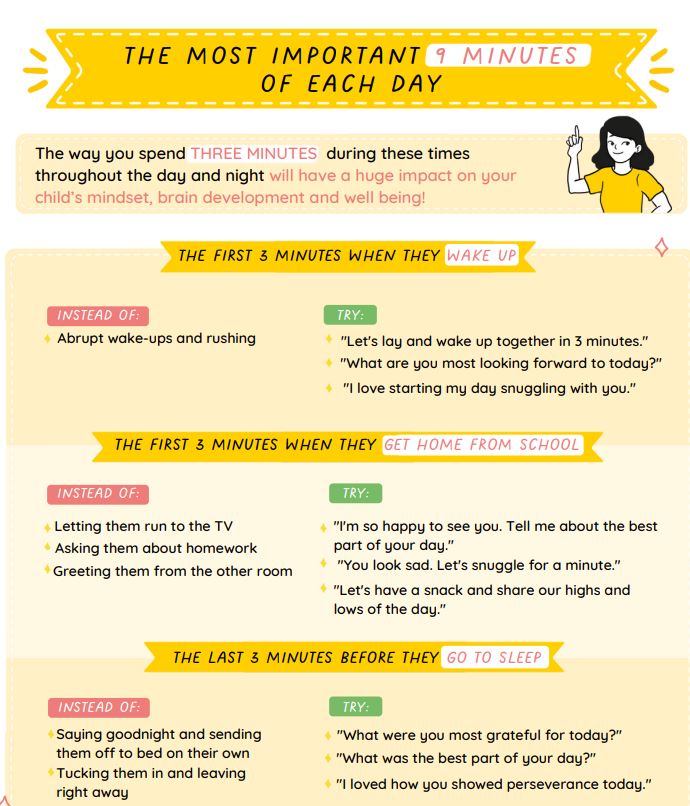
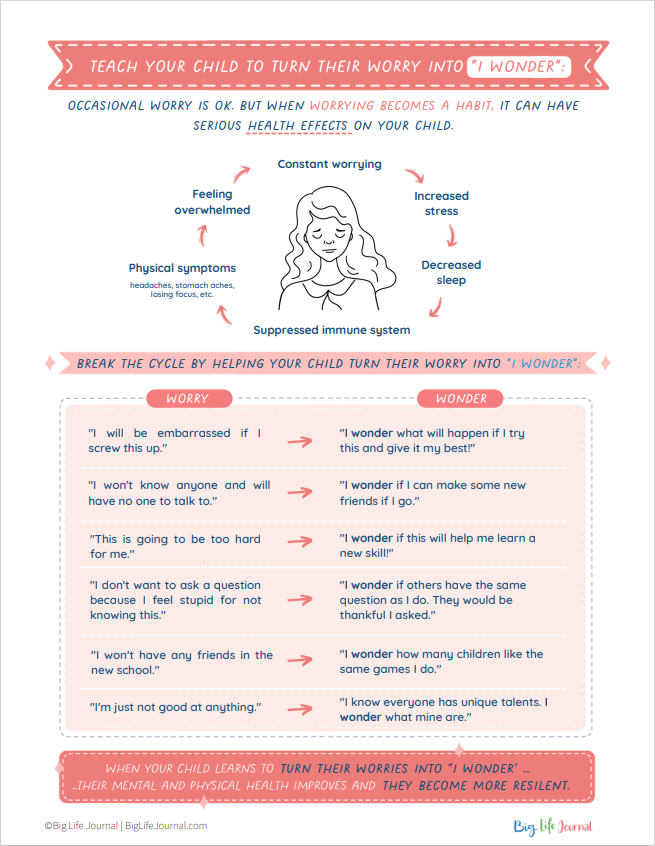




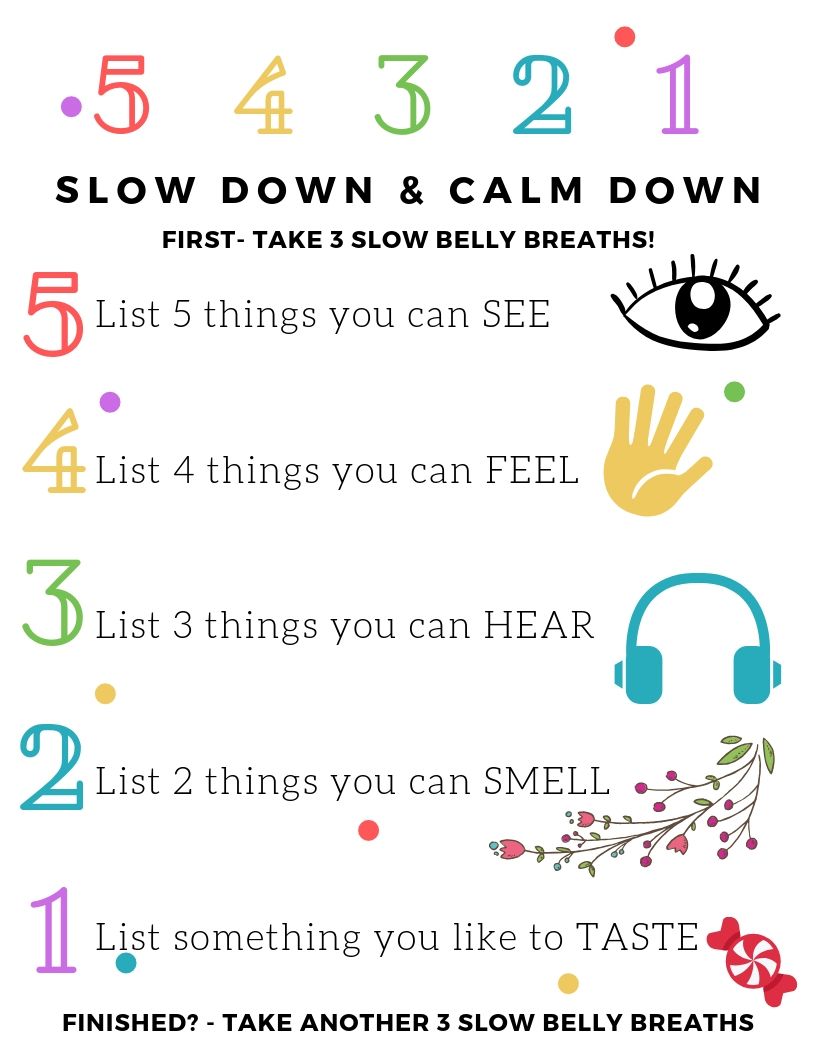
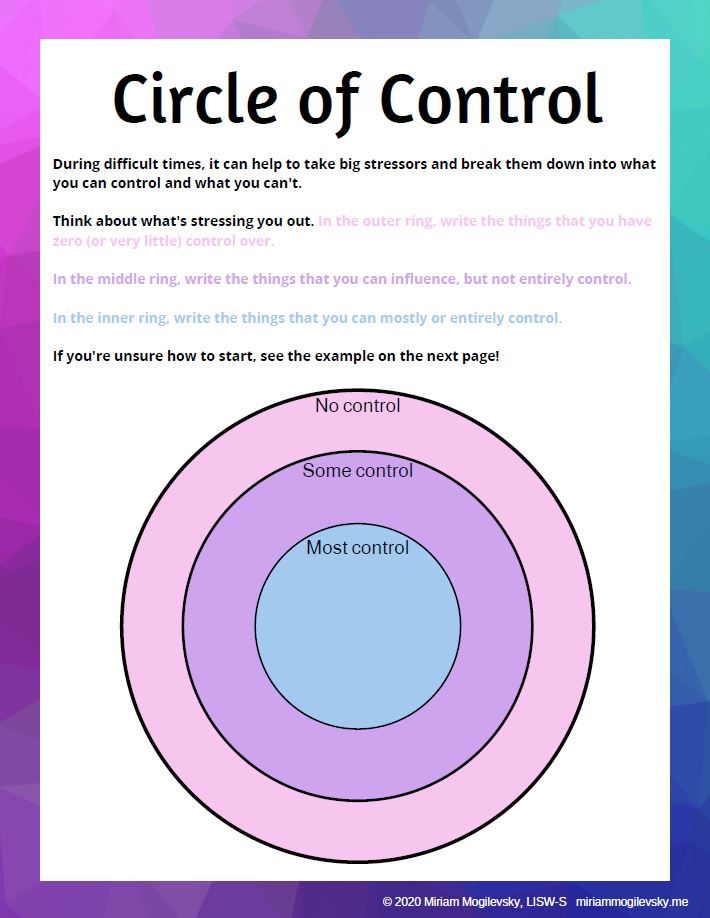

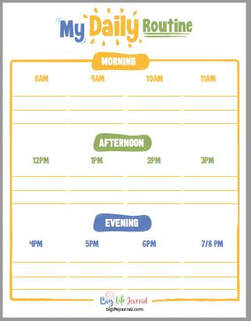
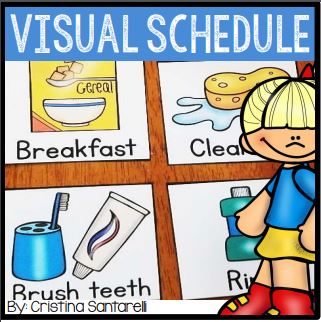
 RSS Feed
RSS Feed
